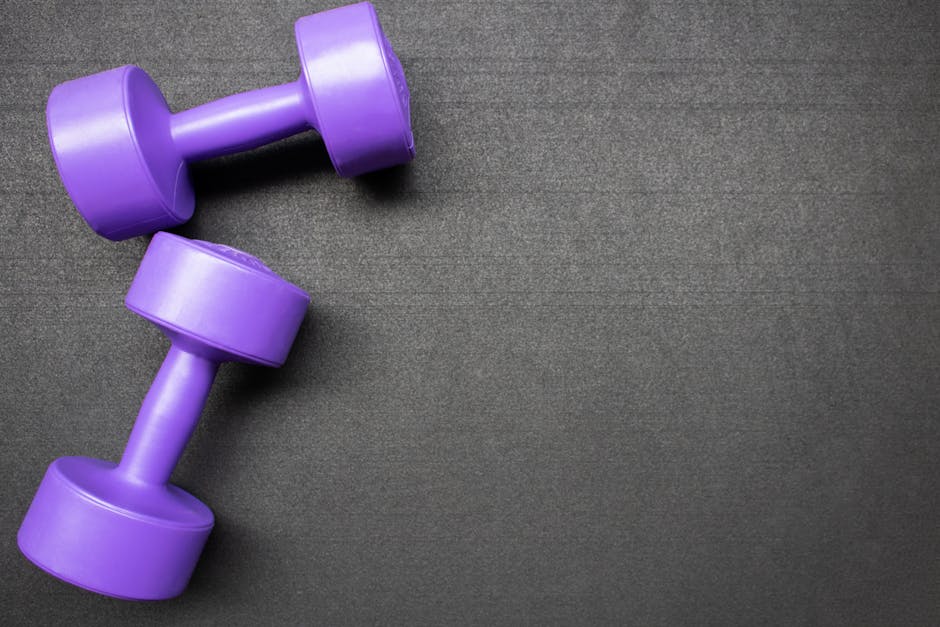Are you struggling to shed those extra pounds and achieve your desired weight? If so, you're not alone. Fat loss is a common goal for many people, but it can be a daunting task. With so much conflicting information out there, it's hard to know where to start. This comprehensive guide will provide you with everything you need to know about fat loss, from the science behind it to practical tips and strategies.
**Understanding Fat Loss**
Fat loss occurs when you burn more calories than you consume. This creates a calorie deficit, which forces your body to tap into its fat stores for energy. The amount of fat you lose depends on the size of your calorie deficit and the duration of your diet.
**Calorie Deficit**
The key to fat loss is creating a calorie deficit. This means consuming fewer calories than your body needs to maintain its current weight. The recommended daily calorie deficit for weight loss is 500-1000 calories. However, it's important to note that the optimal calorie deficit varies from person to person.
**Duration of Diet**
The duration of your diet will also impact your fat loss results. A calorie deficit can be short-term (e.g., a few weeks) or long-term (e.g., several months). Short-term diets can lead to rapid weight loss, but they are often unsustainable and can result in rebound weight gain. Long-term diets are more sustainable and can help you maintain your weight loss over time.
**Healthy Fat Loss Strategies**
There are several healthy strategies you can follow to lose fat and improve your overall health. These include:
* **Eating a healthy diet:** Focus on consuming nutrient-rich foods such as fruits, vegetables, lean protein, and whole grains.
* **Regular exercise:** Aim for at least 150 minutes of moderate-intensity exercise or 75 minutes of vigorous-intensity exercise per week.
* **Adequate sleep:** Sleep deprivation can disrupt hormones that regulate appetite and metabolism. Aim for 7-9 hours of sleep each night.
* **Stress management:** Chronic stress can lead to hormonal imbalances that promote fat storage. Find healthy ways to manage stress, such as exercise, yoga, or meditation.
* **Hydration:** Staying hydrated helps curb cravings and boost metabolism. Drink plenty of water throughout the day.
**Tips for Sustainable Fat Loss**
* **Set realistic goals:** Don't try to lose too much weight too quickly. Aim to lose 1-2.5 pounds per week.
* **Make gradual changes:** Start by making small changes to your diet and exercise routine. Increase the intensity and duration of your workouts gradually over time.
* **Find an accountability partner:** Having someone to support you and hold you accountable can make a big difference.
* **Don't be afraid to adjust:** If you're not seeing results, don't give up. Make small adjustments to your diet and exercise plan until you find what works for you.
* **Be patient:** Fat loss takes time and effort. Don't get discouraged if you don't see results immediately. Stay consistent with your diet and exercise routine and you will eventually reach your goals.
**Conclusion**
Fat loss is a complex but achievable goal. By following the principles outlined in this guide, you can create a calorie deficit, follow healthy fat loss strategies, and achieve your desired weight in a sustainable way. Remember to be patient, persistent, and consistent. With the right mindset and a commitment to your health, you can shed those extra pounds and live a healthier, more fulfilling life.

